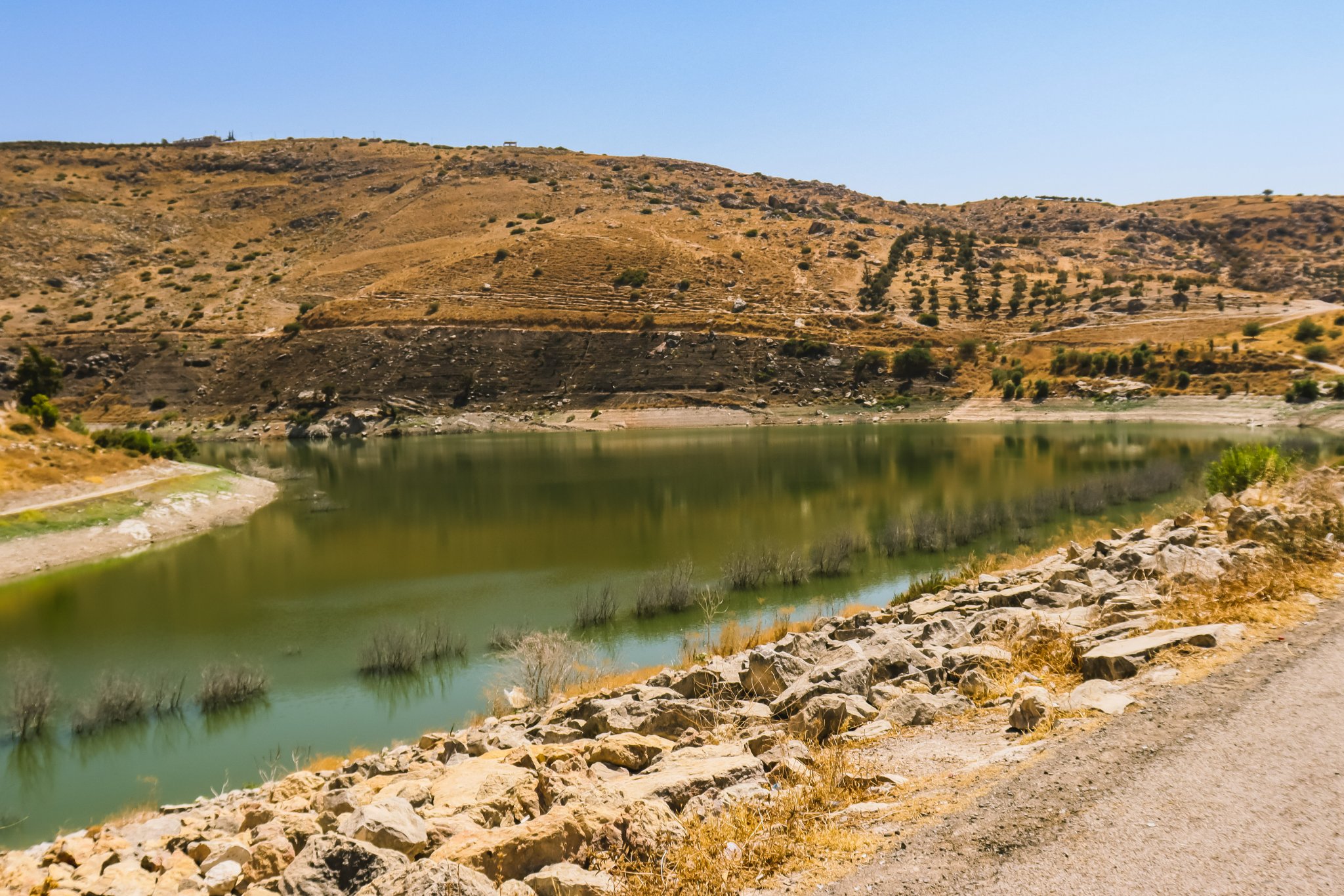With the support of a 5m GBP grant over 5-years, the long-term goal of the Al Murunah project – building climate resilience through enhanced water security in MENA - is: to increase water security in the MENA region through the integration of Nature Based Solutions for Water (NBSW) and Agricultural Water Management (AWM) in the face of climate change and land degradation. To this end, the program will strengthen, empower and catalyse national capacities for the implementation and up-scaling of integrated NBSW/AWM through a transformational change process and by developing action-oriented field examples and recommendations that overcome technical and non-technical barriers to uptake and long-term sustainability of NBSW/AWM. It will generate evidence and understanding of the contribution NBSW/AWM can make to sustainably increase water security.
Implemented by the MENA regional office of the International Water Management Institute (IWMI) in partnership with the International Union for the Conservation of Nature (IUCN), the central premise of this project is that appropriately designed on-the-ground NBSW and AWM interventions can, in tandem, enhance water security in the agricultural regions of the Middle East, thereby increasing the resilience of households and communities.
While identifying and demonstrating pragmatic approaches to investing in NBSW/AWM in the
region, the initiative will focus on four MENA countries where a portfolio of investments in NBS/AWM in each country can bolster water security: Jordan, Lebanon, the Occupied Palestinian Territories (OPT) and Egypt. These transboundary river countries face particularly complex challenges to water security exacerbated by climate extremes. Developing AWS/NBSW initiatives within each country’s context but sharing these experiences in a cooperative regional setting will bring many benefits beyond the solution space. Women, youth and marginalized people will be specifically targeted, with their engagement and input contributing to the delivery of co-developed solutions across the various activities.
Project implemented by: IUCN ROWA and International Water Management Institute (IWMI)
Project funded by: FCDO, Foreign Commonwealth and Development Office

